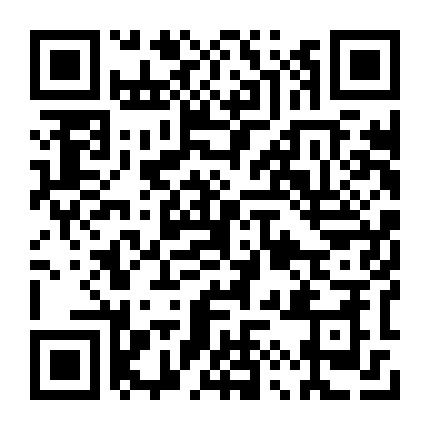2015年美国注册会计师《审计与鉴证》冲刺题(7)
1.Which of the following activities regularly carried out by an exempt organization will not result in unrelated business income?
a. The sale of laundry services by an exempt hospital to other hospitals.
b. The sale of heavy-duty appliances to senior citizens by an exempt senior citizens center.
c. The sale of a trade association of publications used as course materials for the association\'s seminars, which are oriented towards its members.
d. Accounting and tax services performed by a local chapter of a labor union for its members.
答案:C
Explanation
Rule: Unrelated business income is:
1. Derived from an activity that constitutes a trade or business,
2. Is regularly carried on, and
3. Is not substantially related to the organization\'s tax-exempt purpose.
Note: An unrelated business does not include any activity where all the work is performed for the organization by unpaid volunteers. Thus, using unpaid volunteers makes that business or activity "related."
Choice "c" is correct. The sale of a trade association of publications used as course materials for the association\'s seminars, which are oriented towards its members, will not result in unrelated business income.
Choices "a", "b", and "d" are incorrect, per the above explanation.
2.Vee Corp. retained Walter, CPA, to prepare its Year 6 income tax return. During the engagement, Walter discovered that Vee had failed to file its Year 2 income tax return. What is Walter\'s professional responsibility regarding Vee\'s unfiled Year 2 income tax return?
a. Consider withdrawing from preparation of Vee\'s Year 6 income tax return until the error is corrected.
b. Advise Vee that the Year 2 income tax return has not been filed and recommend that Vee ignore filing its Year 2 return since the statute of limitations has passed.
c. Advise the IRS that Vee\'s Year 2 income tax return has not been filed.
d. Prepare Vee\'s Year 2 income tax return and submit it to the IRS.
答案:A
Explanation
Choice "a" is correct. The CPA should consider withdrawing from the preparation of Vee\'s Year 6 income tax return until the error (i.e., the non-filing of the Year 2 tax return) has been corrected.
Rule: Upon discovery of an error in a previously filed return or the client\'s failure to file a required return, the CPA should promptly notify the client (either orally or in writing) of the error, noncompliance, or omission and advise the client of the appropriate measures to be taken (e.g., advise the client to file the tax return). If the client does not rectify the error, the CPA should consider withdrawing from the engagement.
Choice "d" is incorrect, as the CPA has no responsibility (without a formal client engagement) or the authority to prepare and file a client\'s tax return.
Choice "b" is incorrect, as a CPA cannot advise a client to disobey the law because it violates a CPA\'s ethical responsibilities.
Choice "c" is incorrect, as a CPA has no responsibility to advise the IRS of any client wrongdoing.
3.A tax return preparer is subject to a penalty for knowingly or recklessly disclosing corporate return information, if the disclosure is made:
a. To enable the tax processor to electronically compute the taxpayer\'s liability.
b. Under an administrative order by a state agency that registers tax return preparers.
c. To enable a third party to solicit business from the taxpayer.
d. For peer review.
答案:C
Explanation
Choice "c" is correct. Use of a taxpayer\'s return information to assist a third party to solicit business subjects a return preparer to penalty.
Choice "a" is incorrect. Disclosure can properly be made in this case by a return preparer without penalty.
Choice "d" is incorrect. Disclosure can properly be made in this case by a return preparer without penalty.
Choice "b" is incorrect. Disclosure can properly be made in this case by a return preparer without penalty.
4.A tax return preparer may disclose or use tax return information without the taxpayer\'s consent to:
a. Be evaluated by a quality or peer review.
b. Facilitate a supplier\'s or lender\'s credit evaluation of the taxpayer.
c. Solicit additional nontax business.
d. Accommodate the request of a financial institution that needs to determine the amount of taxpayer\'s debt to it, to be forgiven.
答案:A
Explanation
Choice "a" is correct. A tax return preparer may disclose or use tax return information without the taxpayer\'s consent to be evaluated by a quality or peer review.
Choices "b", "d", and "c" are incorrect. They would all require the taxpayer\'s consent.
©2013-2023 北京原驰蜡象教育科技有限公司 All Rights Reserved
违法和不良信息举报电话:010-52413720 | 举报邮箱:sdjgjubao@sunlands.com | 网上有害信息举报专区
营业执照 | 经营许可证编号:京ICP证140312号 | 京ICP备14002947号 | 京公网安备11010502031798 | 京网文 【2018】 7437-597号

关注尚德机构官网

下载尚德机构APP


